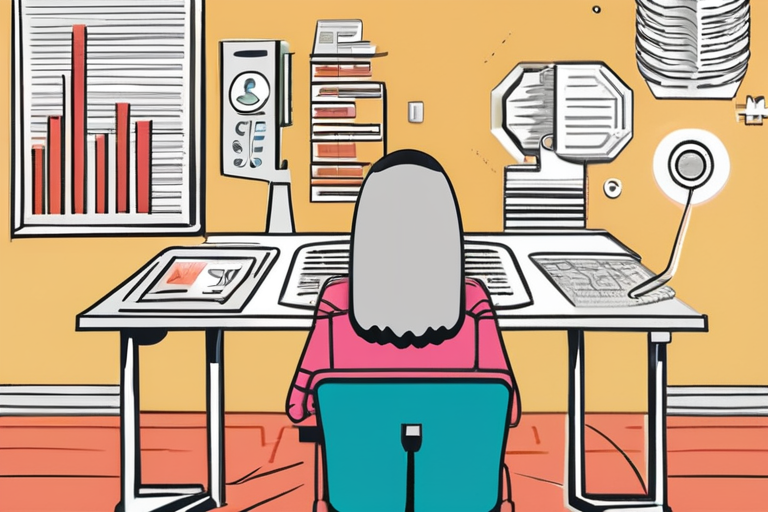Sales Leaders Must Shift Gears: 3 Mindset Changes for Thriving Amid Uncertainty


Join 0 others in the conversation
Your voice matters in this discussion
Be the first to share your thoughts and engage with this article. Your perspective matters!
Discover articles from our community

 Hoppi
Hoppi

 Hoppi
Hoppi

 Hoppi
Hoppi

 Hoppi
Hoppi

 Hoppi
Hoppi

 Hoppi
Hoppi

When Relentless Optimism Stops Leaders Seeing The Warning Signs A recent study has highlighted the dangers of relentless optimism among …

Hoppi

GoodRx CEO Warns of "Uncomfortable Trend" as Employees Gain Too Much Power The pandemic-driven shift in the balance of power …

Hoppi

Katie Best's SOLVE Method Helps Leaders Tackle Complex Problems Leadership expert Katie Best has developed a problem-solving framework called SOLVE …

Hoppi

Riding the Wealth Wave: How One Executive's Willingness to Take Risks Position Her for Success Aneri Jambusaria, chief wealth officer …

Hoppi

Why The Best Strategies Read Like Stories, Not Spreadsheets In a surprising shift from traditional thinking, top business leaders are …

Hoppi

Navigating Career Transitions: The Art of Working Smarter, Not Harder As I sat down with Shveta Miglani, author of "Navigate …

Hoppi